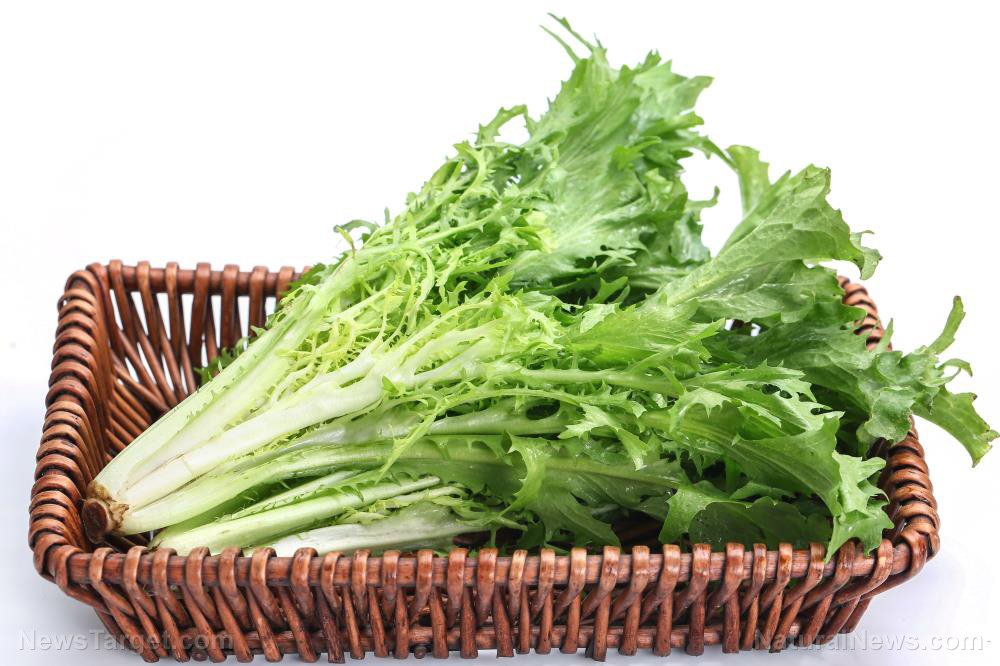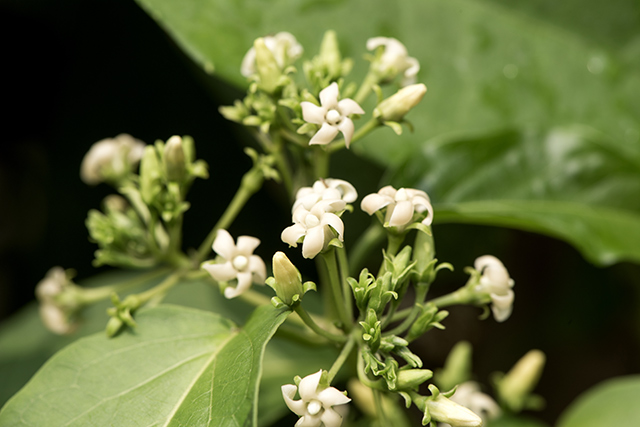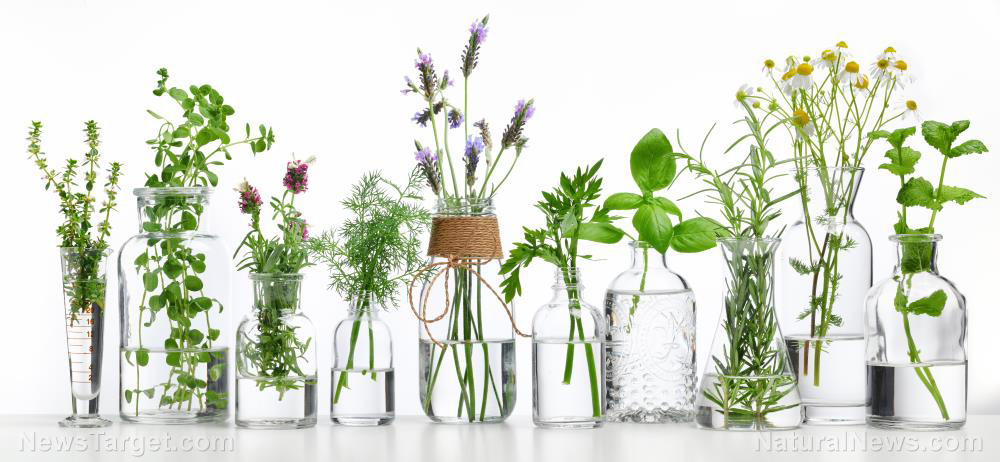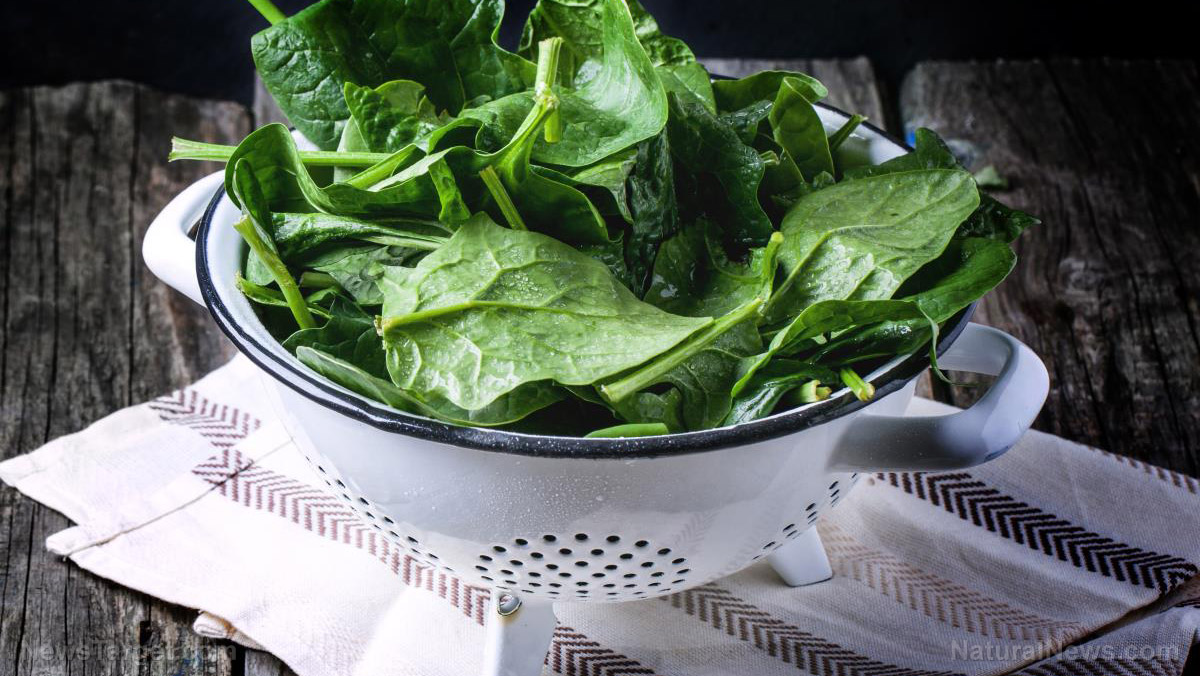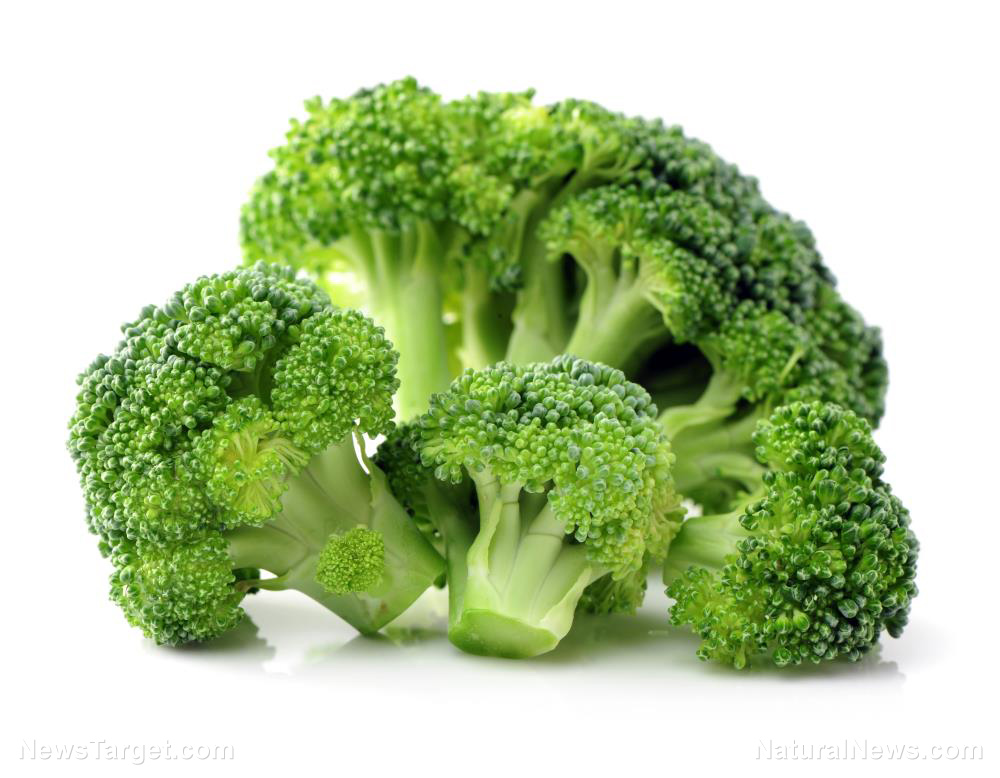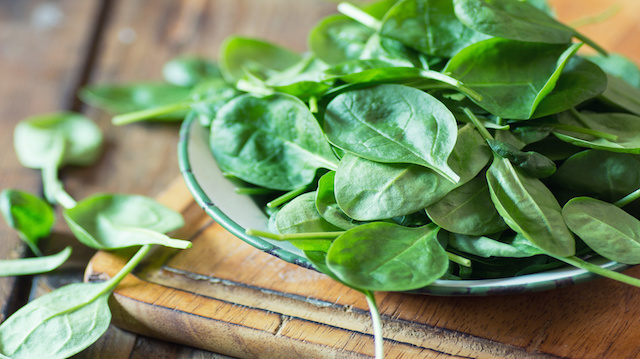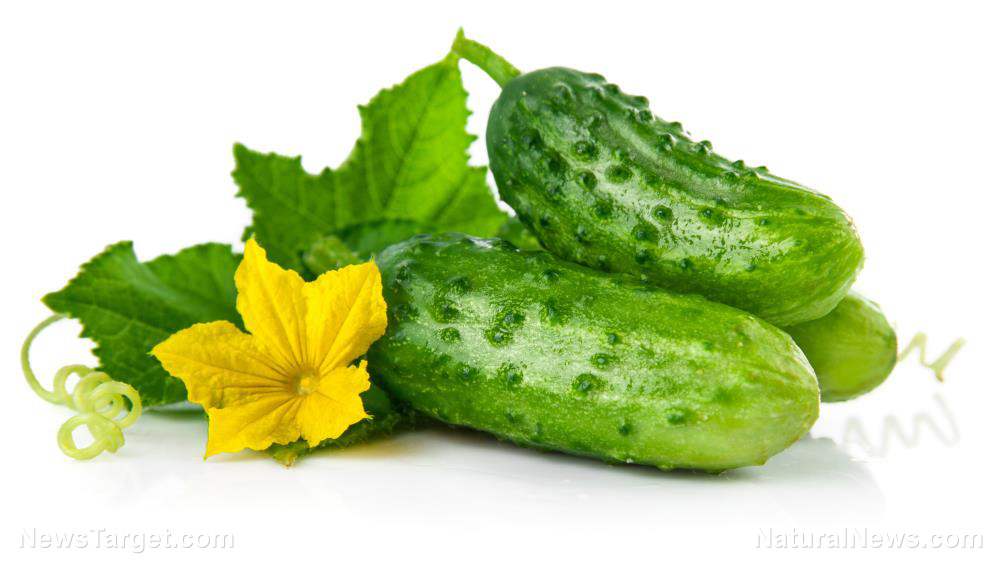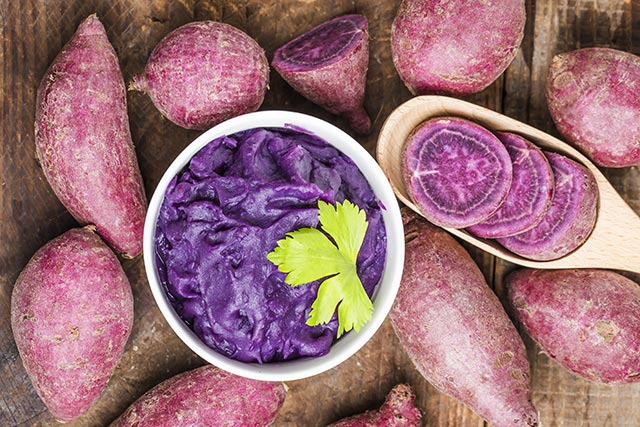Eat your veggies: 6 allium vegetables and their health benefits
05/01/2019 / By Zoey Sky

The allium vegetable family includes kitchen staples like onions, garlic, and chives. These vegetables aren’t just full of flavor, they also offer many health benefits.
Alliums contain organosulfur compounds that possess antioxidant, antibacterial, and antiviral properties. These compounds can also help prevent blood clots. They are responsible for most of the health benefits offered by alliums.
Alliums are versatile, and you can use them as main ingredients or add them to boost the flavor of various dishes such as:
- Crostini
- Enchiladas
- Quesadillas
- Quiches
- Pizzas
- Salads
- Sandwiches
- Soups
- Tarts
Six popular alliums
This list of alliums include chives, garlic, leeks, onions, scallions, and shallots.
Chives
Chives, which are a variety of onion, are some of the hardiest alliums. If you don’t cut chives in the fall, they’ll start growing beautiful purple flowers. However, flowering chives lose some of their pungency.
Garlic
Garlic and garlic extracts are used to relieve different conditions like deafness, earaches, fevers, gastrointestinal problems, leprosy, and parasitic infections. In modern cuisine, garlic is a popular seasoning with a strong aroma and flavor.
Garlic comes in whole bulb form, in cloves, as a paste, minced in a jar, or ground into powder.
Leeks
Leeks look like scallions, but the former are a lot thicker. Leeks also have a green end and a white end, both of which are edible.
Onions
This versatile allium comes in different colors and sizes. Grocery stores sell pearl, red, white, yellow, and sweet onions.
Most onions are inexpensive and shelf-stable as long as they are kept in a cool, dry place. (Related: What do garlic and white onion have in common? Both can lower blood pressure and prevent diabetes.)
Scallions
Scallions, which are also called green onions, Japanese bunching onions, spring onions, or Welsh onions, are native to Asia. Scallions are long, skinny, green onions with a white bulb at the end.
Scallions can grow up to 20 inches long. Their green and white parts have different tastes and can be used to cook various dishes.
Shallots
Shallots can be expensive because they are considered gourmet onions. Shallots didn’t get much recognition on their own until 1963 when they were given their own subcategory apart from onions.
The 5 health benefits of alliums
Aside from containing beneficial organosulfur compounds, allium vegetables are nutritious. These vegetables contain vitamins and minerals like:
- B vitamins
- Vitamin C
- Folate
- Manganese
- Potassium
- Selenium
Onions and garlic are full of soluble fibers called fructans that promote the growth of good gut bacteria. Here are some additional benefits of alliums.
Alliums are good for your heart
Both garlic and onions can boost heart health. These alliums help prevent blood clots, lower triglyceride levels, and prevent plaque buildup in the arteries.
Garlic helps lower blood pressure in individuals with hypertension while onions can increase HDL (good cholesterol) levels, especially when consumed raw.
Alliums contain antioxidants
Alliums have powerful antioxidants like quercetin that can be used to address chronic diseases.
Quercetin is a natural antihistamine that can slow tumor growth and help treat colon cancer. The antioxidant can promote prostate health, reduce blood pressure, and relieve symptoms of bladder infections.
Chives, garlic, leeks, and onions contain other flavonoids that promote the production of glutathione, the “mother of all antioxidants.” Glutathione is essential for every cell in the body because it helps eliminate toxins, protects your heart, and strengthens your immune system.
Alliums have anti-inflammatory properties
The anti-aging benefits of alliums stem from their anti-inflammatory effects. The quercetin in onions helps relieve inflammatory conditions like rheumatoid arthritis and painful joints.
Experts suggest eating garlic raw whenever possible since heating garlic reduces the activity of allicin – the organosulfur it contains – as well as its anti-inflammatory properties.
Alliums have antimicrobial properties
According to studies, pure allicin can fight multidrug-resistant strains of Escherichia coli and Candida albicans, as well as human intestinal parasites and viruses.
In a 2015 study published in the journal AYU, researchers from India found that garlic juice was effective against E.coli and Staphylococcus aureus, two bacteria usually found in hospital settings.
Alliums can help prevent cancer
A 2011 meta-analysis published in the journal Gastroenterology showed that individuals who consumed large amounts of alliums had a lower risk of gastric cancer.
In the meta-analysis, researchers reviewed the outcomes of 21 studies which focused on allium vegetables and gastric cancer. The 21 studies involved 543,220 participants.
Their findings suggested that consumption of Chinese chives, garlic, garlic stalks, leeks, onions, and scallions could prevent cancer.
While alliums are beneficial, they are not recommended for individuals with certain conditions, such as irritable bowel syndrome (IBS). IBS is a gastrointestinal disorder that often causes extreme stomach discomfort and changes in bowel habits. Some alliums, especially garlic, leeks, onions, and shallots, are full of fructans that may trigger IBS symptoms.
Chopping onions can make you cry, but tears seem a small price to pay for having a stronger immune system. Add superfoods like onions and other alliums to your diet to boost your heart health.
Sources include:
Tagged Under: alliums, alternative medicine, anti-inflammatory, Antimicrobial, antioxidants, botanicals, chives, clean food, food cures, food is medicine, functional food, garlic, heart health, heart/cardiovascular health, herbal medicine, Herbs, home remedies, ingredients, Leeks, minerals, natural cures, natural health, natural medicine, nutrition, onions, organics, prevention, proper nutrition, remedies, research, scallions, shallots, vegetables, vitamins

